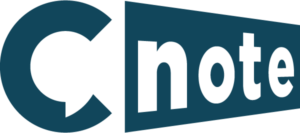Buyer’s Guide
Customer Relationship Manager (CRM)
What is a mortgage CRM?
A mortgage CRM (Customer Relationship Management) is a type of software specifically designed for mortgage professionals to manage their client relationships and streamline their workflow. It helps mortgage loan officers and brokers to track leads, manage contacts, automate tasks, organize documents, and communicate with borrowers throughout the mortgage process. A mortgage CRM is typically equipped with features like email and SMS marketing, lead management, loan pipeline management, document management, and reporting/analytics. It is a valuable tool for enhancing customer experience, increasing efficiency, and generating more business for mortgage professionals.
Features of a mortgage CRM
A mortgage CRM system typically includes the following features:
- Lead Management: Allows you to capture, track, and manage leads from various sources, such as websites, referrals, and marketing campaigns.
- Contact Management: Allows you to maintain detailed client records, including contact information, loan history, communication history, and notes.
- Loan Pipeline Management: Helps you manage the various stages of the mortgage loan process, from application to closing, ensuring tasks and deadlines are tracked.
- Communication: Facilitates communication with borrowers through email and SMS, allowing you to send automated updates, reminders, and personalized messages.
- Document Management: Enables you to store and organize essential documents, such as loan applications, disclosures, and supporting documents securely.
- Integration with Loan Origination Systems (LOS): Integrates with LOS platforms to streamline data exchange between the CRM and loan origination processes.
- Reporting and Analytics: Generates reports and analytics to track key performance indicators, identify trends, and make data-driven decisions.
- Marketing Automation: Provides tools for creating and executing marketing campaigns, including email marketing, drip campaigns, and automated follow-ups.
- Compliance Management: Helps you ensure compliance with regulatory requirements by providing templates, reminders, and audit trails.
- Mobile Accessibility: Allows you to access and work on the CRM platform from mobile devices, ensuring you can manage client relationships and tasks on the go.
Note: The specific features may vary depending on the CRM provider.
Benefits of a mortgage CRM
- Efficient Lead Management is a key benefit of using a mortgage CRM.
By capturing, organizing, and tracking leads from various sources, loan officers can more efficiently follow up on leads and convert them into clients, ultimately boosting their sales and revenue. Say goodbye to lost leads and missed opportunities – a mortgage CRM helps put you in control.
- Improved Communication is absolutely paramount in any mortgage business.
With a mortgage CRM’s built-in communication tools, loan officers can enhance communication with borrowers throughout the loan process. With automated updates, personalized messages, and timely reminders, a mortgage CRM can help reduce communication gaps, minimize delays, and boost borrower satisfaction.
- Enhanced Client Relationship Management goes hand-in-hand with efficient communication.
A mortgage CRM provides a central repository for storing and accessing client information, allowing loan officers to easily track loan history, communication records, important dates, and other relevant details. With this information at their fingertips, loan officers can offer more personalized service, better understand client needs, and build stronger relationships that last.
- Automated Workflow is a game-changer for any business, and mortgage CRMs are no exception.
With a mortgage CRM, loan officers can automate repetitive tasks and workflows, such as document collection, application processing, and loan status updates. This automation saves time and reduces manual errors, which means loan officers can focus on more valuable activities, such as building client relationships and increasing sales.
- Regulatory Compliance is another vital aspect of any mortgage business.
Many mortgage CRMs come equipped with features to help loan officers stay compliant with regulatory requirements. These features may include templates, checklists, and reminders that ensure all necessary documentation and disclosures are in order. With a mortgage CRM, you can work smarter, not harder, knowing that compliance is being taken care of for you.
- Improved Efficiency and Productivity are essential for ensuring business success.
By centralizing and streamlining various mortgage processes, a mortgage CRM can significantly improve efficiency and boost productivity. Loan officers can easily manage tasks, track loan progress, generate reports, and access client information, leading to more effective time management and increased productivity.
- Data Analysis and Reporting may be the most exciting aspect of using a mortgage CRM.
A mortgage CRM provides valuable insights through reporting and analytics. Loan officers can track key performance indicators, monitor sales metrics, identify trends, and make data-driven decisions to optimize their business strategies. With a mortgage CRM, you can harness the power of your data to drive business growth and success.
Does a mortgage CRM work for all lines of the mortgage business?
A CRM system can help manage various loan types and borrower segments, from conventional loans to government-insured loans, and from first-time homebuyers to experienced real estate investors. It can also be used by a wide range of mortgage professionals, including loan officers, brokers, lenders, and processors. A mortgage CRM can be suitable for all lines of the mortgage business, but sometimes one size does not fit all when comparing the different lines of business: call center, retail branches, wholesale to servicing.
By providing customizable workflows, automation features, and communication tools, mortgage CRMs can be tailored to the specific needs and processes of any mortgage business. The level of customization can depend on the chosen software provider, as some providers may specialize in specific areas of the mortgage business.
It is worth noting that different mortgage CRM systems may have varying features and functionalities. Therefore, before adopting a particular CRM system, mortgage professionals should evaluate their specific business needs and compare different options to choose the one that fits best.
What else should be considered when evaluating a mortgage CRM
- Features like, co-branding, workflow automation, email campaigns, content, social media automation, and borrower financial scenarios
- User and Admin needs may vary
- Other system integrations
- Implementation, training and adoption
- Customization costs
Other Considerations When Evaluating a Mortgage CRM
Advanced Features:
Besides the core functionalities, it’s essential to consider advanced features that can enhance your mortgage business operations. Look for capabilities such as co-branding, which allows you to add your company logo and branding to client-facing communications. Workflow automation can save time by automating repetitive tasks, while email campaigns enable targeted marketing to specific borrower segments. Content and social media automation features can help you maintain an active digital presence and engage with borrowers efficiently. Borrower financial scenarios are useful for running what-if scenarios and analyzing the impact of different loan options on a borrower’s finances.
User and Admin Needs:
Consider the diverse needs of users within your organization. Loan officers, processors, and managers may all have different requirements. Ensure that the mortgage CRM provides user-specific capabilities and customizable access levels to control data and system permissions. Admins should have the ability to manage user roles, workflows, and security settings.
System Integrations:
Evaluate the CRM’s ability to integrate with other essential systems used in your mortgage business. Seamless integration with loan origination systems (LOS), document management systems, marketing automation platforms, and other tools can streamline data exchange, minimize duplicate data entry, and improve overall efficiency. Examine the available integrations and APIs supported by the CRM to ensure compatibility with your existing technology stack.
Implementation, Training, and Adoption:
Consider the overall implementation process, training resources, and ongoing support provided by the CRM vendor. Assess the vendor’s track record, customer reviews, and case studies to gain insights into their implementation and customer success processes. Ask about their training materials, onboarding assistance, and customer support options. The ease of adoption and user-friendliness of the CRM interface should also be taken into account.
How much does a mortgage CRM cost?
The cost of a mortgage CRM can vary depending on several factors, such as the vendor, the features included, and the number of users. Some mortgage CRMs charge a flat monthly fee, while others may have a pricing structure that’s based on the volume of loans processed or the number of borrowers. Additionally, there may be upfront fees for implementation and customization.
On average, you can expect to pay anywhere from $50 to $300 per month per user for a mortgage CRM, but this can vary widely depending on the specific system and features you choose. Some CRMs may offer a free trial period or a demo to help you get a better understanding of their offerings before committing to a pricing plan.
To Recap
Before selecting a mortgage CRM, remember to conduct thorough research, request demos, and gather feedback from other mortgage professionals to make an informed decision. It’s important to consider your specific business requirements and budget constraints. Be sure to factor in the value a mortgage CRM can bring to your business, such as increased productivity, better communication, and improved client relationships, when evaluating the cost.



